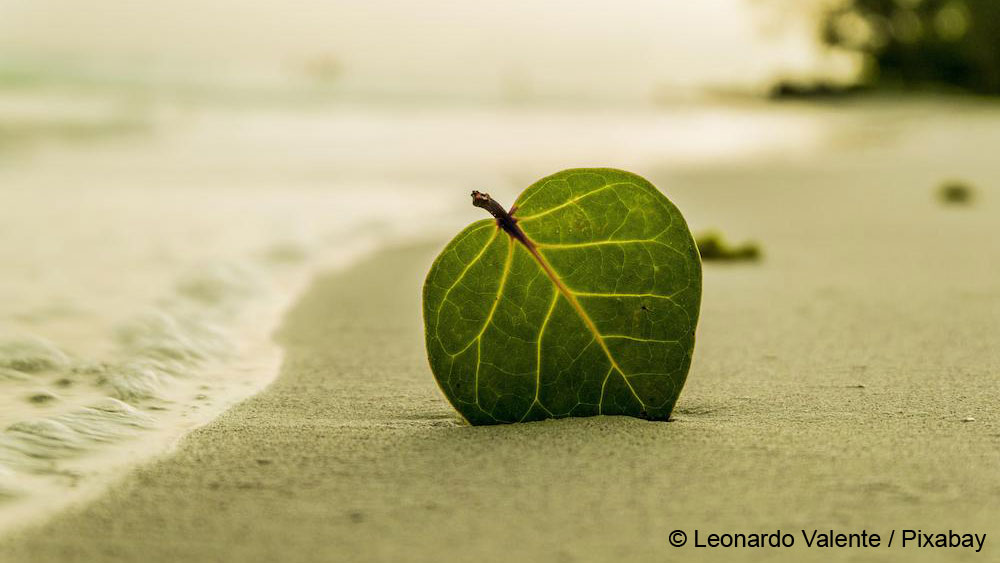This project is intended to assess and develop the first major blue carbon project under new 2023 national forest carbon regulation in Indonesia, assessing the viability of mangrove restoration on village owned land in Southeast Sulawesi. This stage looks at restoring mangroves in 1729 hectares of abandoned fishponds.
Financing mangrove and seagrass conservation and restoration, and marine protection, on Indonesia’s Misool Island
Establishing the vital baseline and documentation necessary to eventually access carbon and biodiversity credits for different marine and coastal ecosystems on Misool Island, Indonesia. This will support conservation, afforestation and restoration activities in mangrove areas; marine biodiversity monitoring and protection for marine areas; and monitoring and improvement in seagrass health. The long-term goal is to fund a large-scale restoration and conservation.
Tañon Strait Protected Seascape, Philippines – Exploring blue carbon potential for community-based conservation and restoration of mangrove forests
This project, conducted by Rare, aims to grow local environmental conservation and community development by creating a pathway to monetize blue carbon credits. Revenue streams will support the enabling conditions necessary for the future creation and maintenance of a type of Community Development Fund to maintain and conserve mangroves…
Restoring the Rajang Delta – Malaysia’s largest and most threatened mangrove ecosystems
In an area of 77,600 hectares, where little blue carbon data is yet available, this project will define the technical, social, and financial viability of blue carbon projects in the Delta. It plans to map how investment can be directed towards strengthening community wellbeing, restoring and protecting endangered habitat, and building long-term ecosystem resilience.
Sustainably financing Palk Bay Dugong Conservation Area
This project supports India’s National Action Plan for Dugong Conservation, aiming to restore the dugong population and habitat in the next two decades. It focuses on Palk Bay Dugong Conservation Reserve in Tamil Nadu. The Zoological Society of London, Wildlife Institute of India, and Tamil Nadu Forest Department will collaborate to manage and restore the reserve’s biodiversity, involving local communities. The project includes developing sustainable financing based on blue carbon, biodiversity, and local business investments.
Sustainable seafood through restoring Indonesian mangrove forests
The project leader’s aim is to develop 5000 hectares of fishponds containing at least 50% mangrove cover, by 2030. This large expansion of hybrid mangrove and aquaculture areas will also increase the benefits for the fishermen and investors, with the project leaders aiming to obtain the Selva Shrimp certification.


